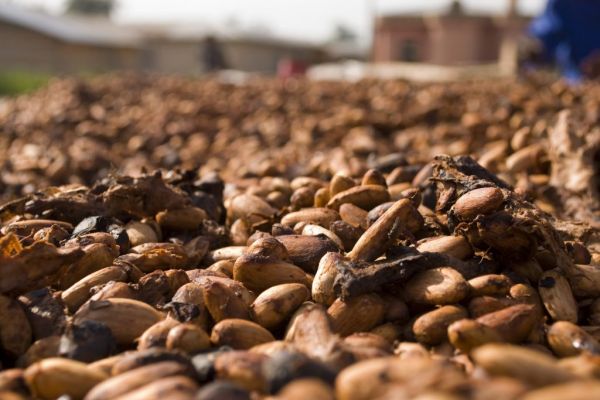Though France was long a champion of the global minimum corporate tax, one cherished part of the French economy – giant farm cooperatives – may end up getting bitten by the levy.
Presenting the 2024 budget bill on 27 September, finance minister Bruno Le Maire revealed that the cornerstone of France's agriculture industry would be covered by the tax.
France's 2024 budget includes legislation to put a floor on corporate tax next year in line with a 2021 agreement among nearly 140 countries, behind which France and Le Maire were a driving force.
The agreement, designed to ensure big digital multinationals cannot legally reduce their tax bills to next to nothing, requires countries to tax companies with revenues of at least €750 million ($792 million) at a rate of least 15%.
Since they are not corporations, France's huge farm cooperatives are currently exempt from usual corporate income tax paid by most companies although some have revenues in excess of a billion euros.
Global Minimum Tax
"The farm cooperatives should be in the scope of the minimum tax," Le Maire – himself a former farm minister – told lawmakers last week.
"We have opened talks with the cooperatives to find the best way forward to reconcile the legacy advantage they benefit from and the implementation of the minimum tax."
France's agricultural cooperative association declined to comment.
France's biggest farm cooperatives include Sodiaal in dairy with €5.5 billion in sales last year, Tereos in sugar and ethanol with €6.6 billion, multisector group Agrial with €7.2 billion and Cooperl with €2.8 billion.
The minimum tax is expected to generate €1.5 billion for the state coffers from 2026.
The 2021 agreement on the minimum tax aimed to put an end to a decades-long race to the bottom between countries on corporate tax as part of a major overhaul of the rules for cross-border taxation.
Those rules had increasingly been put to the test by the emergence of digital giants, such as Amazon and Google, that could book profits in low-tax countries such as Ireland regardless of the customer's location.











